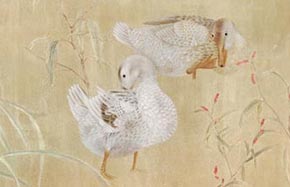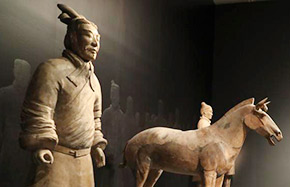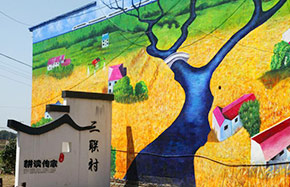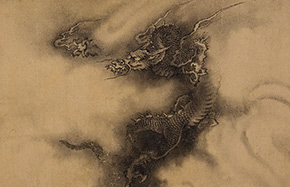Public lives, secret lives
 |
|
Zhou Meisen [Photo By Li Na/China Daily] |
Zhou's experience in Xuzhou became a turning point in his creation of political novels. He believes a personal perspective enables him to present to readers a true picture of officialdom today.
Zhou published his first novel, Perishing Land, in 1983. His early works were generally "digging historical materials from the humanistic angle and writing about history from the individual perspective".
In 1994 when Zhou was in office, China was busy building up the country's infrastructure. Xuzhou was planning on paving its third ring road. However, the local people did not understand the value of road construction and complained a lot. Some lodged lawsuits against major leaders of the city.
Zhou discovered that reform causes hardship at various levels. That changed his literary outlook, and he published his first realistic novel Right Road in the World inspired by this event.
The novel proved a sensation after it was adapted into series and broadcast on TV. But it also brought troubles to Zhou. Local officials tried to sue him jointly to force him to alter the novel. Zhou refused, arguing "What I wrote is a novel, not reportage. They can do whatever they want to do."
Zhou went on to create political novels such as Supreme Interest, Absolute Power and Public Prosecution of the State.
In the Name of People shows a deep reflection on the fight against corruption, such as the complicated relationship between combating corruption and fostering economic development as well as the traditional code of conduct.
"Chinese people like to say 'Don't forget old friends when you become rich and powerful'. This is an important view in our traditional culture. However, this translates to 'When a man gets to the top, all his friends and relations get there with him'."

















